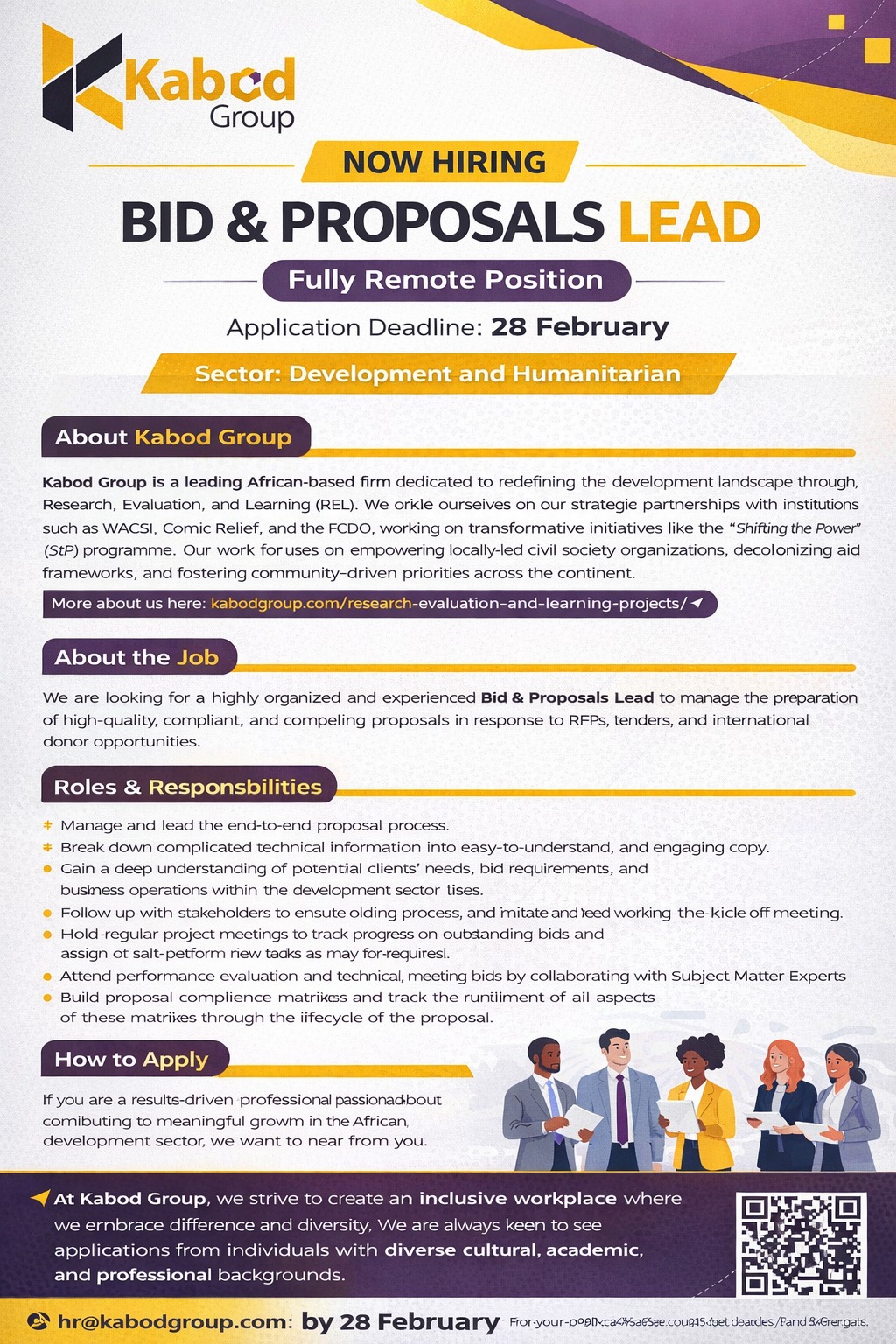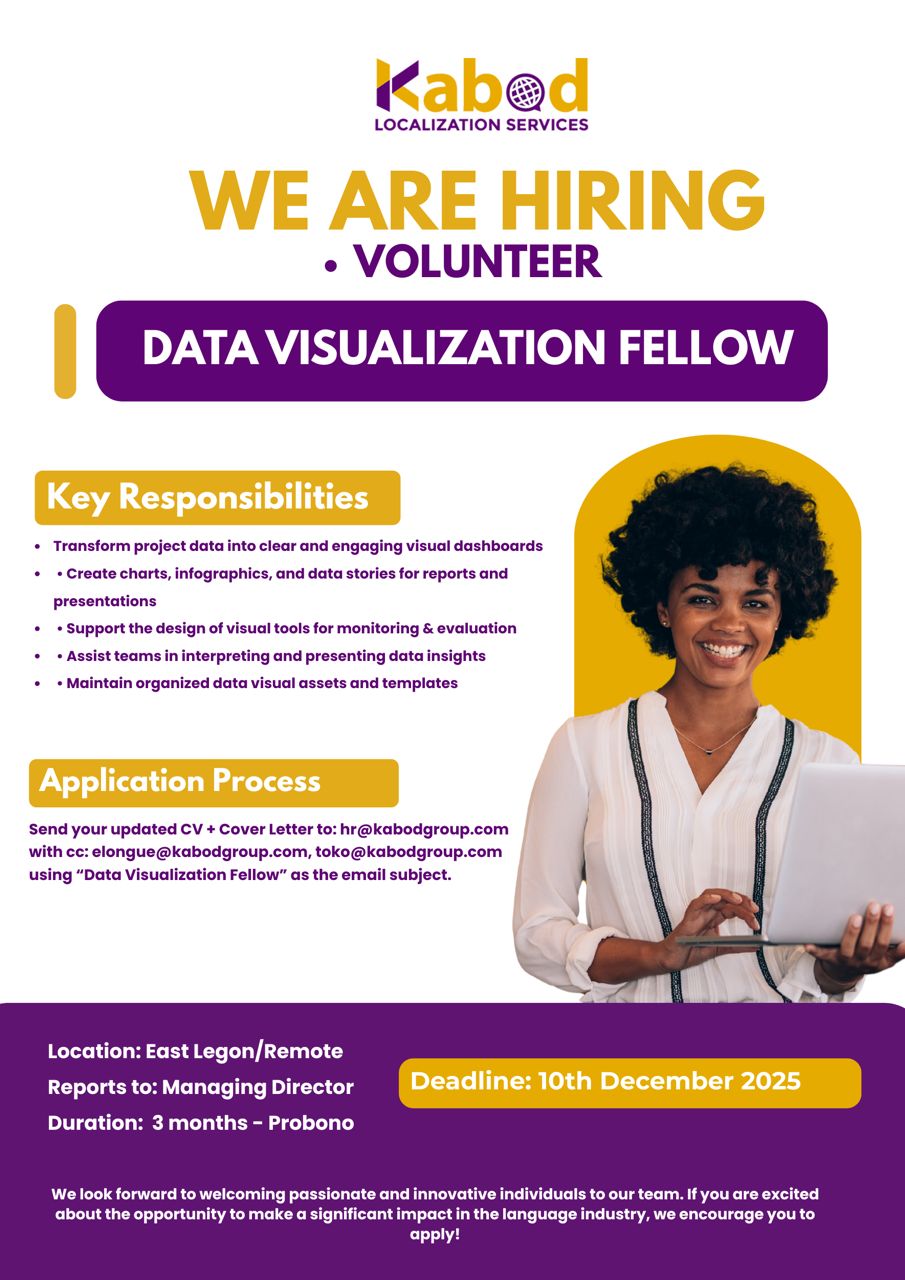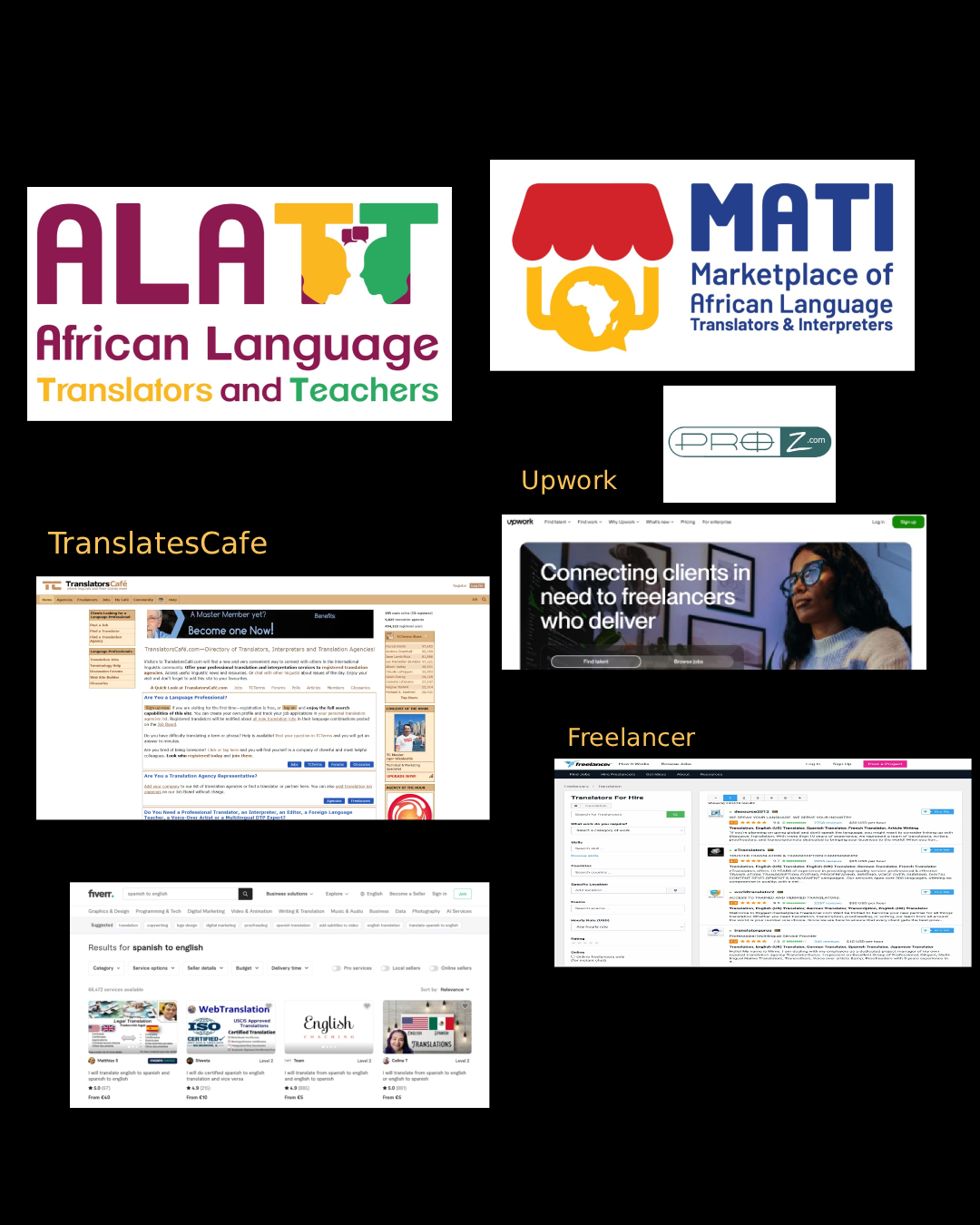The language industry in Africa is full of untapped opportunities. Kabod has ventured on a journey of identifying, documenting and highlighting inspiring stories and innovative projects from entrepreneurs, researchers and freelancers in the translation, interpretation and natural language processing communities. The final goal is to celebrate African professionals in the language industry and facilitate knowledge and experience sharing.
Mr. Wenitte Apiou is a software engineer, founder and CEO of Mandla Inc. His love for Africa and African languages is what drives him towards his inventions for the development of African languages through technology.
Kabod: What attracts you to Language technology?
I love linguistics and I love tech which in turn makes me love it. I love the intersection!
Kabod: Do you think that technology will be able to enhance the development of African languages? If yes, How?
Yes. The main problem facing African languages today is a lack of documentation. Technology greatly increased the ease with which one can document a language. On the flip side there is dissemination. In today’s age, most written content is consumed from the internet. It is thus imperative to increase African language usage on the internet for them to have any hope of surviving the next century.
Beyond written usage, there is also oral usage. Due to lower literacy rates in more rural parts of Africa, certain African innovators have created audio controlled smartphones for African language speakers so they can benefit from smartphone usage without needing to learn how to read.
Kabod: What is the meaning of Mandla?
Our name comes from the word “Amandla” which means “power” in Zulu and Xhosa, a rallying cry in the face of apartheid-era oppression. Mandla strives to preserve and promote African cultures through language, empowering our community of thinkers, dreamers and doers everywhere.
Kabod: What inspired you to work on this project?
I was born in Burkina Faso and grew up in the US. The only language I am fluent in besides English is French, and this always bothered me. I wanted to learn the native languages of my parents, Mooré and Kassem, and couldn’t find resources. I noticed other African languages also had the same problem and decided to tackle it!
Kabod: Why did you choose African languages for the Mandla app?
I am African. As Africans we are often underserved by global corporations, leading to many problems that are unique to the African market remaining unsolved.
Africans must solve African problems , no one else will solve them for us.
Kabod: What are some difficulties you faced while working on the Mandla app project?
Funding! No one (not even African investors) believe there is value in the African language space.
They are wrong obviously, as evidenced by large tech corporations such as Meta and Google’s investments in the space, but proper funding is needed to scale this to the kind of impact I wish to have. The global African diaspora is huge. If it were a country it would be within the top 10 in population size. The younger generation of the African diaspora that did not grow up speaking African languages has a huge desire to learn them. Investors often dismiss these facts due to arrogance and ignorance, but the community response to Mandla has been insane , with over 75k users in less than a year of being launched with no marketing spend. This is something people very clearly want.
Kabod: Could you highlight fellow friends and colleagues who worked with you on the mandla app project?
Vanderbilt University students: Delanyo Mensah and Temidayo Adekanye have been absolutely instrumental in pushing our growth. A Centre University student: Muchiri Khawaii, came up with the name Mandla. Harvard university students: Boluwaji Odufuwa , Jaeschel Acheampong, and Emeka Ezike were key early contributors to the company vision.
A Massachusetts Institute of Technology student: Kwesi Afrifa led our web development efforts. A Cornell University student: Michael Torku was instrumental in the early engineering efforts of the project.
Kabod: What are some of the relevant initiatives you are currently working on? Could you tell us more about them?
We are currently building the Mandla Dictionary.
The natural evolution of African writing systems has been greatly suppressed by colonization and slavery.
A number of once thriving ancient African writing systems such as Tifinagh, Nsibidi, the Kassena logograms, Meroitic, and others have fallen into disuse.
At Mandla our goal has always been to tell the authentic African story.
As such, it is important for us to promote the use of indigenous scripts for writing African languages. For the last month we have been hard at work building our newest product, the Mandla dictionary.
The Mandla dictionary is the first multi lingual, multi dialectal, multi scriptural image and audio-supported online parallel dictionary for African languages.
The crowd-sourced dictionary is completely free and the data is open-source.The Mandla dictionary features definitions in each language, in both native and latin scripts, as well as in English. While this is just the beginning, we hope to, by the end of 2022, have the largest existing dictionary dataset for every major African language with transliterations in N’ko script as well as each language’s native script.
Literate in an African language?
Sign up today at https://dictionary.mandla.ai to start contributing words or audio files. Learning an African language?
No more need to scour through obscure PDFs, just use our online dictionary! Interested in providing transliterations but not fluent in other scripts? You can use our input and conversion tools at https://keyboards.mandla.ai to get started.
Kabod: What are the three top pieces of advice that you will share with a budding technologist willing to use technology to develop the use of African languages?
1. Know your why
2. Have the understanding that this is probably one of the most challenging areas of technology to work in right now!
3. Don’t give up and have a clerk’s long term vision.
Kabod: Do you know other apps like Mandla that promote the use of African languages? Could you name a few?
Thanks, Mr. Wenitte, for your time and for sharing your experiences with us.
Are you also in the language industry in Africa? Would you also like to be featured in our Knowledge Exchange Series, which highlight the journey and experiences of African language translators, interpreters, computational linguists etc.,? Then, reach out to languages@kabodgroup.com to express interest.





